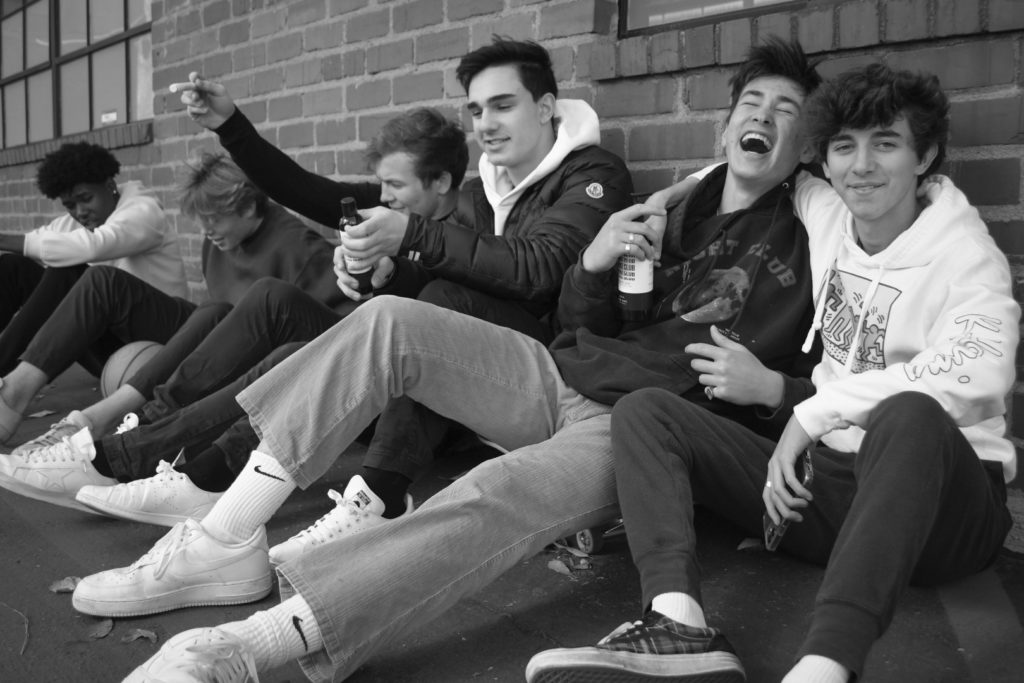There is a stigma around boys and caring about their appearance. We know that boys just like girls go through puberty and their bodies change and hormones are released. Yet, we don’t seem to acknowledge how this impacts boys’ self-esteem and peer relations in the same way we understand and sympathize with how girls are impacted. This could be due to boys’ tendency to withdraw or become quiet during puberty. Teen boys tend to hibernate in their room and play video games and usually are not chatty about their social lives or any drama. Perhaps because as a society we view men as more stoic and less emotional, we accept our teen boy’s silence. However, just because boys are not screaming for our attention doesn’t mean they are not in need of it. According to pediatrician Cara Natterson, body image concerns and eating disorders are basically “gender-neutral” today. Social media portrayals of chiseled abs and perfect jawlines clearly impact boy’s emotional well-being. The most alarming finding was the percentage of kids who were disordered in their eating behaviors overall: 51.7% of the girls and 45.0% of the boys. Simon Wilksch, Ph.D., says that the presence of disordered eating behaviors in boys in his current study was nearly four times higher than found two decades ago in another Australian study.

There is also a correlation between social media usage and body dysmorphia and the more time a teen spends online looking at curated idealized appearance images, the more depressed and anxious the teen reports feeling. What this means to parents is that we need to acknowledge that boys are concerned about their appearance and we need to validate these concerns as well as put them in perspective. As adults, we need to be open to discussing how vulnerable or insecure a teen can feel when they try to compare themselves to curated images seen on social media sites. As a society we are loud with our disapproval of boys being sexual predators and teaching them about consent, but we have to be equally vigilant and loud about how teen boys may be feeling insecure and even victimized by unrealistic unattainable images of masculinity online.